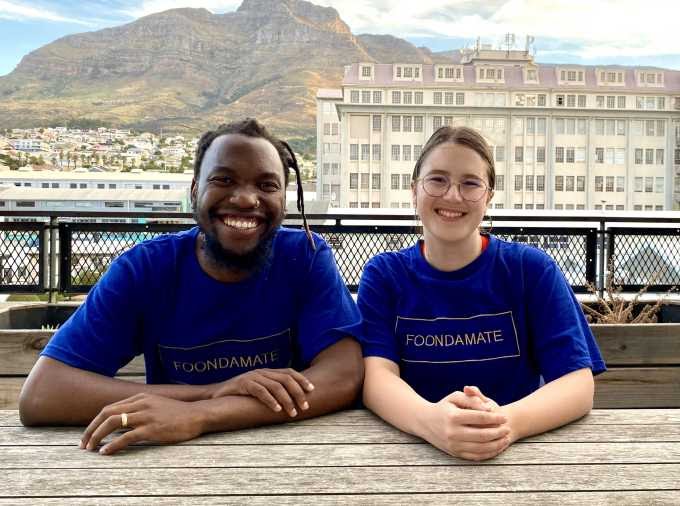South Africa’s venture capital (VC) industry continues to expand and develop steadily with early-stage fund managers contributing R1.31 billion to 121 organizations through 186 investment rounds. The Southern African Venture Capital Association (SAVCA) has recently published its 2022 Venture Capital Industry Survey. This report examines equity investments in new and developing enterprises for the year 2021.
A survey respondent Stephan Lamprecht asserts that R5 million or less was invested in the vast majority of agreements. Despite fewer fund managers engaging in active transactions during the survey period, “our data indicated that investment activity in 2021 was quite comparable to those seen in 2020,” he noted.
According to the report, 57% of all venture capital (VC) acquisitions in South Africa were from the information and communications technology (ICT) sector in 2021, which is in line with trends in major VC markets like the United States and the United Kingdom. One-quarter (25%) of all agreements closed throughout the year were related to financial technology (Fintech) or education and training technology (EdTech), with FinTech retaining its dominance among investors by garnering the most deals during the period.
The sectors with the largest deals in South Africa in 2021 were Fintech (15.9%), EdTech (9.1%), Consumer Products and Services (7.9%), ICT – other (7.9%), and Software (6.7%). These accounted for a total of 44.7% of 2021’s total investment capital.
Read more: South African fintech, Ukheshe appoints New COO
Shelley Lotz, the interim CEO of SAVCA and the organization’s director of policy and regulatory affairs, has identified FinTech and EdTech as two of the country’s most important industries. Even if the local financial system is sophisticated and can compete globally, ensuring that everyone has access to it is still a major problem. She argues that technological progress in the classroom has many positive effects, such as the ability to serve more students and reduce inefficiencies and skill gaps.
Investment of R298 million in fintech was the second highest, behind the food and beverage industry, which maintained its lead from the previous year.
Moreover, the Western Cape and Gauteng continue to be favoured regions for venture capital investment, with Johannesburg expected to see more transactions than Cape Town in 2021. Still, the majority of the firms in the active portfolios of VC fund managers have their roots in Cape Town. Also, the survey shows that the majority of trades are mostly done by independent fund managers.
The industry needs investment to fully develop the venture capital
Thiru Pather, head of investments at the SA SME Fund, elaborated on what has to be done to attract more fund managers to South Africa, stating that, firstly, it is important to recognize that venture capital (VC) is still a nascent asset class in South Africa, particularly when compared to more industrialized nations.
Therefore, the sector needs help from all quarters if it is to achieve its full economic development potential. When looking at the asset class as a whole, more work has to be done to attract traditional investors like banks and pension funds.
She further said that in order to entice these large investors, the asset class in question must be made less hazardous. To achieve this goal, subordinated financing might be used to provide institutional investors with the necessary downside protection they need to make more calculated bets.
The forefront fintech companies in South Africa
The financial technology sector in South Africa is thriving, with backing from a wide range of companies and individuals. Fintech entrepreneurs in South Africa are working to make payments and money transfers easier and cheaper for the underbanked, expand access to basic financial services, and increase financial inclusion.
Here are the top 10 FinTech startups operating in South Africa. JUMO, GetBucks, Yoco, Zoona, Planet42, Inclusivity Solutions, Nomanini, VALR, Pineapple, InvestSure
The forefront Edtech startups in South Africa
A world of aspirations has opened up for ambitious digital entrepreneurs owing to the expanding industry of remote learning, and there are currently more than 290 ed-tech startups in South Africa, and that number is anticipated to increase. FoondaMate, Smartpozi, Go1, and Hyperion Development are some of the cutting-edge South African ed-tech startups that are blazing new trails.


